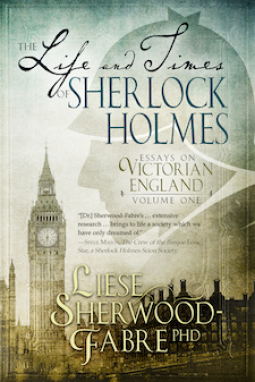 |
Father of the Modern Circus 'Billy Buttons'
by Steve Ward ISBN-13: 9781526706874 Paperback: 128 pages Publisher: Pen and Sword History Released: June 29, 2018 |
Source: ebook review copy from the publisher through NetGalley.
Book Description, Modified from NetGalley:
The ‘modern’ circus was founded by Philip Astley. In April 1768, he pegged out a circular ride on the banks of the river Thames and gave performances of trick riding to a paying audience. He was an accomplished horseman, a military hero and an instinctive showman. Above all, he was an entrepreneur who realised that people would pay good money to be entertained. He created the comic character of Billy Buttons, and other acts were added to his performances: clowns, rope dancers, tumblers and strongmen. The circus, as we might recognise it today, was born.
From his early days as an apprentice cabinetmaker and his military exploits in the 15th Dragoons to the trials and tribulations of establishing himself as a respected performer and his international successes in France and Ireland, this book gives a detailed account of the larger than life figure that was Philip Astley.
My Review:
Father of the Modern Circus 'Billy Buttons' is basically a biography about Philip Astley. The author started with a chapter about how the skills we think of as circus skills have been around for thousands of years. They were used to entertain in courts and at fairs. He then talked about the birth and marriage records he found for Philip Astley and about his military service. Not much is known about his personal life, though.
Most of the book covered 1768 to 1801 and focused on the start and development of his circus. The author quoted the newspaper articles, court records, and advertisements that he found about Astley and then commented on the various entertainments at his shows, the legal battles he faced, etc. The author also talked about Astley's competitors and how things developed into what is typical of a modern circus. Overall, I'd recommend this book to circus fans. The entertainments were usually referred to rather than described in detail, so it may be more enlightening if you've seen similar acts.
If you've read this book, what do you think about it? I'd be honored if you wrote your own opinion of the book in the comments.










